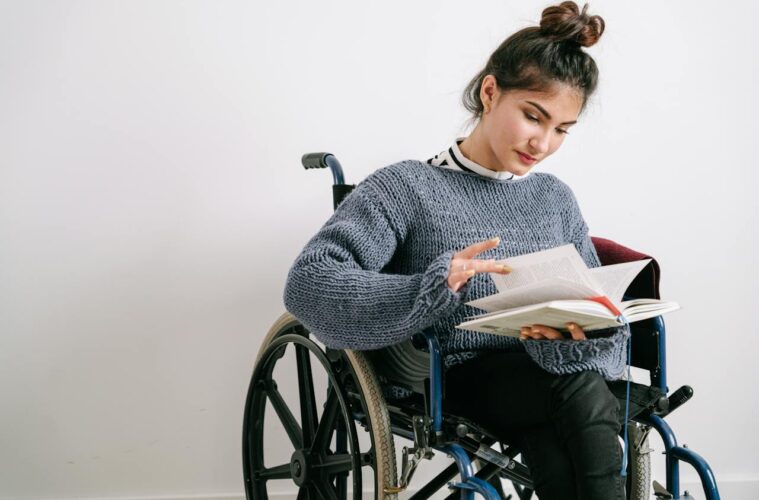Navigating Academia with Resilience: A Journey of a Student with Disabilities at the University of East Anglia (UEA)
Embarking on the journey of higher education is a challenging yet rewarding experience for any student. For those with disabilities, this journey often involves overcoming additional obstacles and advocating for inclusivity. This article delves into the experiences of a student navigating academia with a disability at the University of East Anglia (UEA) in the United Kingdom, shedding light on the triumphs, challenges, and the importance of fostering an inclusive educational environment.
Understanding Disability at UEA:
The University of East Anglia, known for its commitment to diversity and inclusivity, strives to create an environment that accommodates the needs of students with disabilities. The first step for students is usually registering with the Disability Service, which provides support services tailored to individual requirements. From physical disabilities to neurodivergent conditions, UEA endeavours to ensure that no student is left behind.
Academic Accommodations:
One of the critical aspects of studying with a disability at UEA is the provision of academic accommodations. These accommodations vary based on the nature of the disability but may include extended exam times, alternative exam formats, accessible lecture materials, and assistive technology. The university’s commitment to making learning accessible ensures that students can focus on their studies without the additional burden of navigating unnecessary challenges.
Navigating Physical Spaces:
The physical layout of the campus and facilities plays a crucial role in the experience of students with disabilities. UEA has invested in making its infrastructure more accessible, with wheelchair ramps, elevators, and designated accessible restrooms. Additionally, the university strives to create an environment where all students can move freely, fostering a sense of independence and inclusivity.
Inclusive Learning Environments:
Beyond physical accommodations, UEA places a strong emphasis on fostering inclusive learning environments. Lecturers and teaching staff receive training on inclusive teaching practices, encouraging diverse perspectives and accommodating various learning styles. This proactive approach creates an atmosphere where students with disabilities feel valued and included in academic discussions.
Embracing Neurodiversity:
For students with neurodivergent conditions such as autism or ADHD, UEA recognises the importance of embracing neurodiversity. The university provides tailored support services, including mentorship programmes, study skills workshops, and access to assistive technologies. By acknowledging and celebrating neurodiversity, UEA contributes to a more understanding and accommodating educational landscape.
Student Support Networks:
The university recognises the significance of peer support in the academic journey. Student support networks, including disability-focused groups, provide a platform for students to share experiences, offer advice, and foster a sense of community. These networks not only provide emotional support but also serve as advocates for continued improvements in accessibility and inclusivity.
Overcoming Challenges:
While UEA has made commendable strides in creating an inclusive environment, challenges still exist. Students with disabilities may face societal misconceptions, attitudinal barriers, or moments of frustration when accessibility falls short. However, the resilience and determination of these students often lead to positive changes, as they become advocates for a more inclusive university experience.
Conclusion:
Studying at the University of East Anglia with a disability is a journey marked by triumphs, challenges, and the pursuit of inclusivity. UEA’s commitment to creating an accessible and accommodating learning environment reflects a broader societal shift towards recognising the value of diversity. As students with disabilities continue to thrive and contribute to the academic community, their experiences serve as a testament to the importance of fostering an inclusive education for all.





